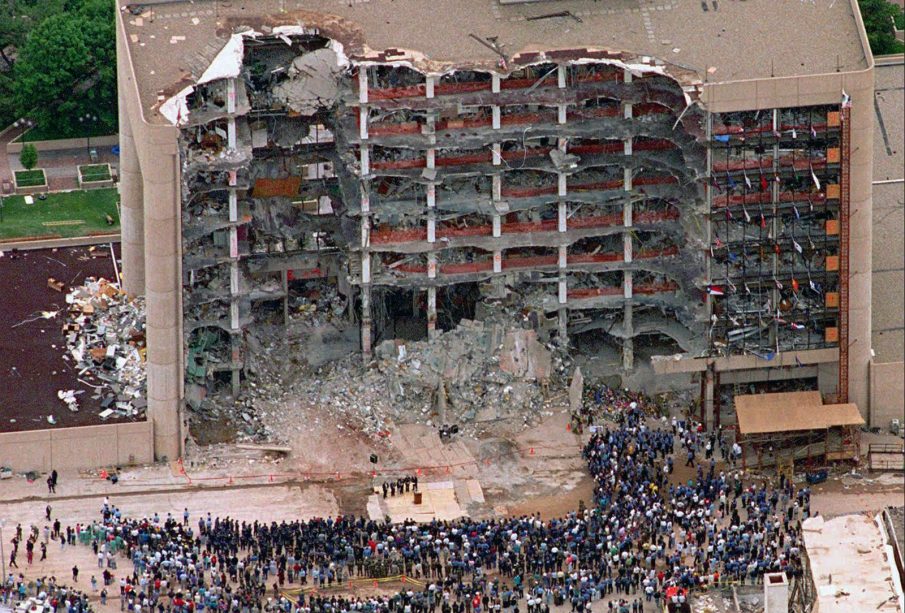The Oklahoma City Bombing: A Pivotal Moment in History

Introduction
The Oklahoma City bombing, which occurred on April 19, 1995, stands as one of the most devastating acts of domestic terrorism in the United States. The attack targeted the Alfred P. Murrah Federal Building, resulting in the deaths of 168 people, including 19 children, and injuring over 600 others. This tragic event marked a turning point in the nation’s approach to domestic security and terrorism, highlighting the potential threat posed by homegrown extremists.
The Attack
The bombing was executed by Timothy McVeigh and Terry Nichols, who sought to protest against the federal government following events such as the Ruby Ridge standoff and the Waco siege. On the day of the attack, McVeigh parked a yellow Ryder truck filled with explosives outside the federal building and detonated it at 9:02 AM. The explosion caused significant devastation, with a quarter of the building being destroyed.
Immediate Aftermath
The destruction led to a massive rescue effort, involving local and federal authorities as well as emergency services. The grim search for survivors and recovery of victims lasted for weeks. In total, 168 lives were lost, making it the deadliest act of domestic terrorism in U.S. history before the September 11 attacks. The bombing also sparked national conversations about security in public spaces and the rise of radical anti-government sentiments.
Legal Proceedings and Legacy
Timothy McVeigh was arrested shortly after the bombing and was eventually convicted and executed in 2001. Terry Nichols received a life sentence without the possibility of parole. The bombing prompted sweeping changes in federal building security protocols and ignited discussions on legislation targeting domestic terrorism.
Conclusion
The Oklahoma City bombing remains an essential chapter in American history, shaping policies and societal attitudes towards security and domestic terrorism. It serves as a sobering reminder of the potential for violence that can occur from extremist ideologies. Memorials, like the Oklahoma City National Memorial, ensure that the legacy of the victims is not forgotten and that future generations understand the importance of vigilance against extremism.







